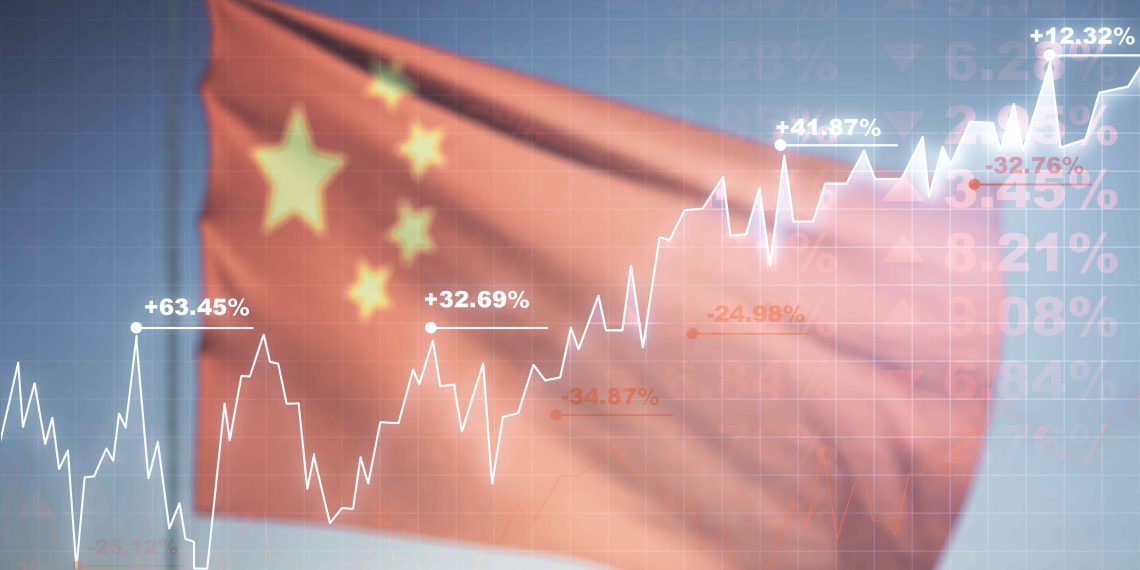The International Monetary Fund (IMF) has raised its economic growth forecasts for China while simultaneously highlighting risks posed by the country’s financial and property sectors. According to the latest forecast, China’s economy is expected to grow by 5.4% in 2023 and 4.6% in 2024, reflecting a 0.4 percentage point increase from previous estimates.
Gita Gopinath, the IMF’s First Deputy Managing Director, noted that the revised forecasts are due to stronger-than-expected economic performance in recent months and Beijing’s efforts to stimulate growth. Notably, China plans to issue nearly $140 billion in bonds for flood recovery and climate resilience programs.
Despite this optimism, Gopinath expressed concerns about China’s real estate sector, which is experiencing declining prices, reduced sales, and loan defaults among major developers. She emphasized the need for addressing these issues to support a sector that remains significantly weakened.
The IMF’s annual assessment of China’s economy and financial system suggests that struggling developers should be allowed to exit the market to facilitate recovery. However, China has so far permitted insolvent developers to continue operating, which may hinder sector revitalization.
Zhang Qingsong, Deputy Governor of China’s central bank, acknowledged the sector’s difficulties and highlighted the necessity for managing the pace of recovery to avoid further downturns. He emphasized that China needs to explore new methods for sustaining economic growth, as the traditional reliance on investment and real estate is no longer viable.
The IMF report also raised concerns about the banking system’s financial reserves amidst the deflating property sector, noting elevated risks due to lower capital buffers and asset quality issues.
In a related report by AidData, it was revealed that China is providing extensive rescue loans to developing countries for infrastructure projects, raising questions about the sustainability of such financial practices. Chinese officials defended their lending practices, asserting that reasonable debt can be beneficial for economic development.
Additionally, China’s government reported a 6.6% decline in exports last month compared to the previous year, partly attributed to a weakening of the renminbi against the dollar. Imports increased by 3% when measured in dollars, indicating some resilience in China’s trade despite global economic uncertainties.





















